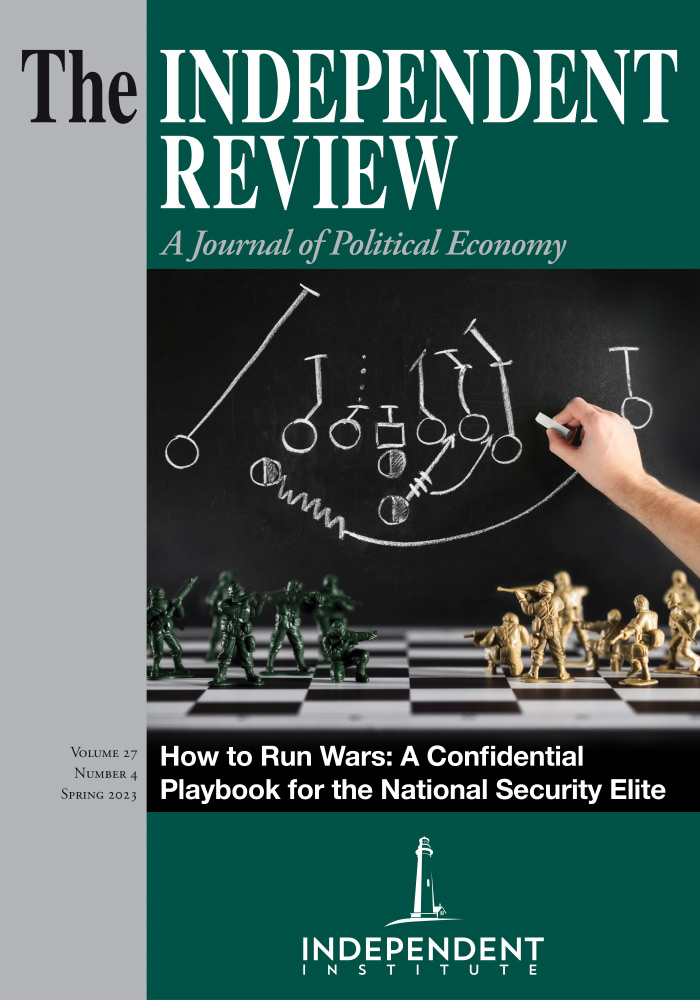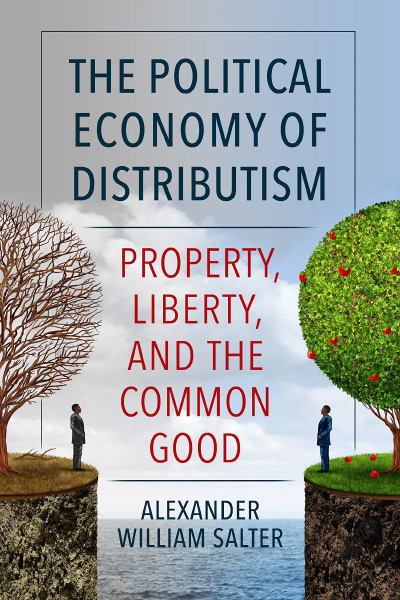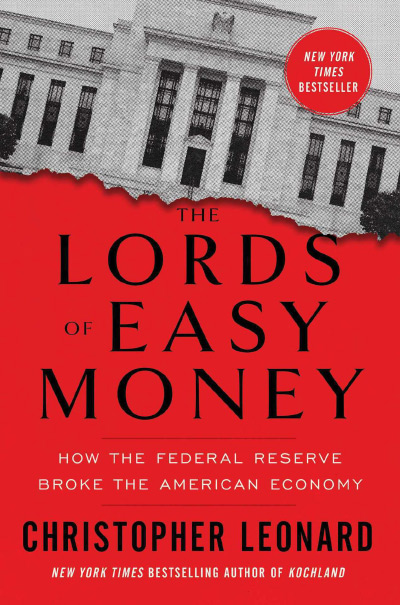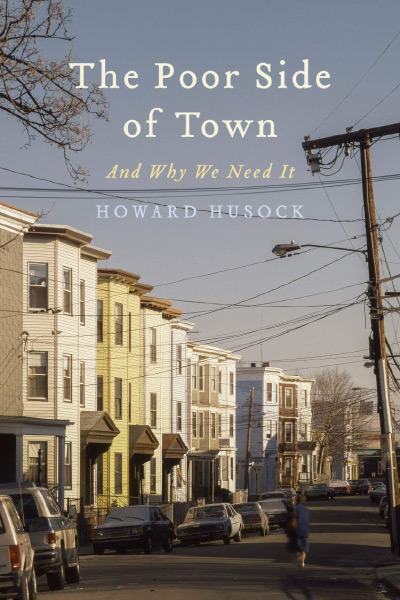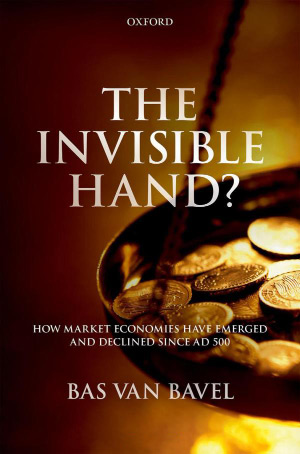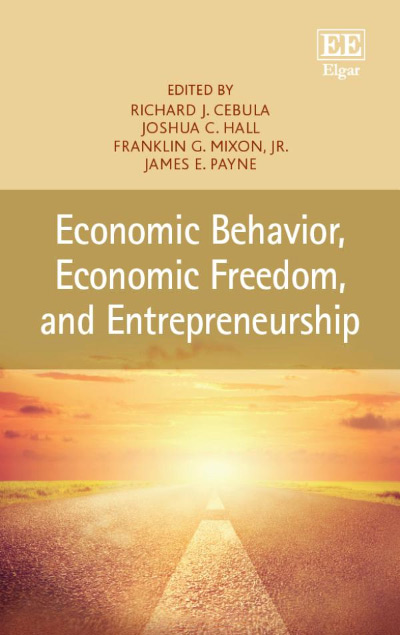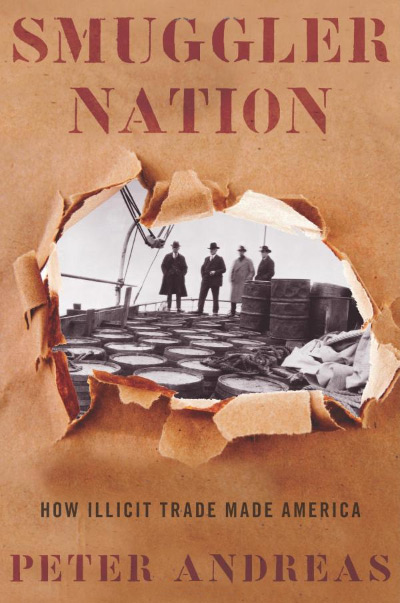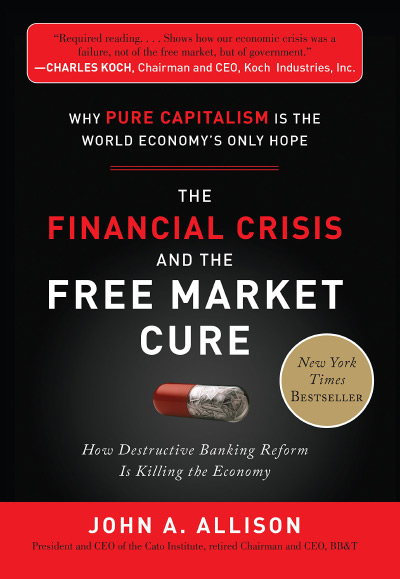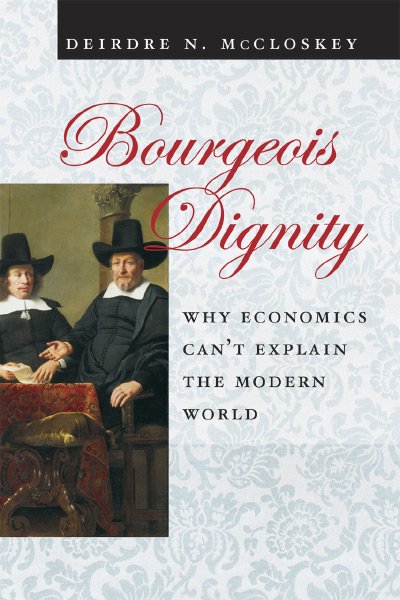For more than a century, the Marxist fable that capitalism caused poverty of the working class, or “the masses,” held sway over the weltanschauungen of all those who felt that intentions mattered more than actual outcomes, as well as those who would happily use any excuse to grab and hold power. But a number of recent careful empirical studies, written from a variety of ideological perspectives, have established the fact that—whatever else it does—commercial society and the “bourgeois values” are a powerful solution for poverty. (For a selection, see Angus Deaton, 2006, Measuring Poverty, in Understanding Poverty, edited by Abhijit Vinayak Banerjee, Roland Benabou, and Dilip Mookherjee, New York: Oxford University Press; Maxim Pinkovskiy and Xavier Sala-i-Martin, 2009, Parametric Estimations of the World Distribution of Income, NBER Working Paper 15433; Dierdre McCloskey, 2011, Bourgeois Dignity: Why Economics Can't Explain the Modern World, Chicago: University of Chicago Press; and Mark Koyama and Jared Rubin, 2021, How the World Became Rich: The Historical Origins of Economic Growth, Cambridge, UK: Polity Press,.)
There has been no previous age like the past fifty years. World poverty rates have fallen from more than 80 percent in some nations to less than 20 percent, overall. The biggest problem of poverty in the U.S., across all states, is obesity. It would appear that—as John Maynard Keynes famously put it (1930, Economic Possibilities for Our Grandchildren, in Essays in Persuasion, New York: W. W. Norton):
[I]n the long run that mankind is solving its economic problem ... A point may soon be reached, much sooner perhaps than we are all of us aware of, when these needs are satisfied in the sense that we prefer to devote our further energies to non-economic purposes ... Thus for the first time since his creation man will be faced with his real, his permanent problem—how to use his freedom from pressing economic cares, how to occupy the leisure, which science and compound interest will have won for him, to live.
Rather than living wisely and agreeably and well, however, all over the world the reaction to the elimination of extreme poverty as an immanent problem has been ... surprising, though it really should have been easy to predict. All over the world, in society after society, nations have reached a point of sufficiently widely shared prosperity that the most important policy problem is inequality. And in addressing inequality, more and more people, not just intellectuals but people who work for a living, have become interested in Marxism, or at a minimum some actual form of socialism as a system of government.
Tibor Rutar, in this Routledge book, reconsiders orthodox Marxism as an actual alternative to actual capitalism. That’s a topic we have considered at The Independent Review, but Rutar dives quite a bit deeper and with more extensive consideration of the Marxist side of the comparison. He looks at the implications of “analytical Marxism,” the sort that has implications, rather than just being the set of emotional expressions of fury from assistant professors of French literature at directional state universities, who are “Marxists” because they make less money than used car dealers, and we all know that’s not right. Rutar makes an effort to evaluate the claims of Marxists who have actually studied Marx and take the problems of logic and evidence seriously.
There are some “Marxist” claims that are simply untenable, such as the “algebra” of the labor theory of value, the mechanistic dialectic of historical evolution through named stages of improvement, the focus on bourgeois or class-based revolutions as dominating politics, and the spontaneous emergence and survival of “collective” organizations.
On the other hand (and as I myself have noted), there’s some really good stuff in Marx. “Systems” are hard, and the utopian alternative Marxist system is smoking wreckage. But Marx had fundamental insights into the workings of a capitalist system, and these should not only be paid attention, but incorporated into the standard understanding of market processes in a politicized setting.
There are plenty of Marxist syntheses, with corrections and adaptations, already of course. Michel Foucault famously said that “Marxism exists in nineteenth century thought like a fish in water: that is, it is unable to breathe anywhere else” and that it was a mere “storm ... in a children’s paddling pool” (1994, The Order of Things: An Archaeology of the Human Sciences, New York: Vintage Books, p. 262).
In spite of this blunt rejection, Foucault was clearly a “Marxist,” exploring power and exploitation in the tradition established by Marx. The problems of the historical specificity of Marx’s original work, and the excruciating mental gymnastics of textual literalists who try to rescue Marx’s writing, need not prevent us from appreciating Marx’s contribution. Both things can be true: a rigid insistence that class is the source of all conflict should be dismissed as ridiculous, and Marx should be seen as the first great critic of capitalism from both the practical and moral points of view.
The most useful contributions in Rutar’s analysis, in my reading, are his many examples, and supporting arguments, that all of Marx’s—and of Marxists’—best points are not unique to Marx, but are widely found in a variety of moral philosophers, going back at least to Aquinas (and therefore Aristotle!). For example, Rutar notes that:
The Marxist insistence on the causal primacy of the economic aspect of societies in determining grand social phenomena is either wrong in its strong form or it is not special to Marxism in its weak form. (p. 4)
Rutar is clearly a classical liberal in his own views, but he tries hard to catalog what parts of the enormous Marxist apparatus are useful, and what parts are unique to Marx. His analytical conclusion, one that I share whole-heartedly, is that there are many parts that are useful, and there are many parts that are unique and can be found only in Marx’s work. The problem is that the overlap, arguments that are both useful and unique to Marx, is not large, and certainly far smaller than the grandiose claims made for Marxism by its most dogmatic adherents.
| Other Independent Review articles by Michael C. Munger | ||
| Fall 2024 | Tax Turmoil: A Dia Fenner Economic Thriller | |
| Fall 2024 | Retrieving Liberalism from Rationalist Constructivism, Volume I; Retrieving Liberalism from Rationalist Constructivism, Volume II | |
| Fall 2024 | The Dispersion of Power: A Critical Realist Theory of Democracy | |
| [View All (83)] | ||

